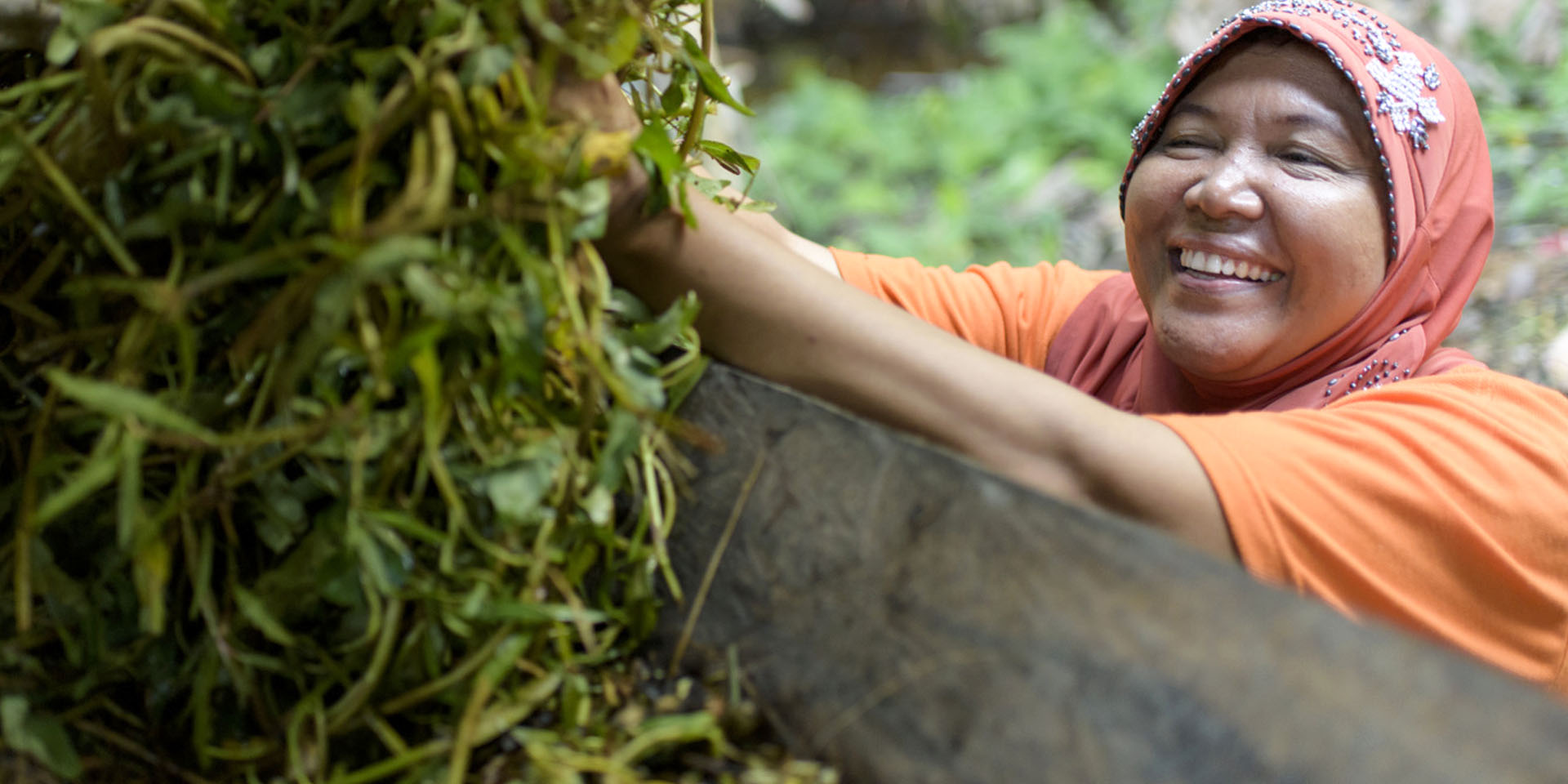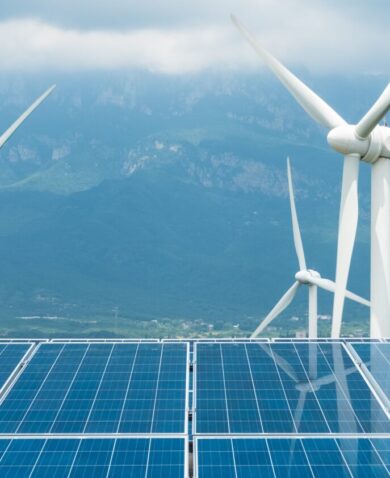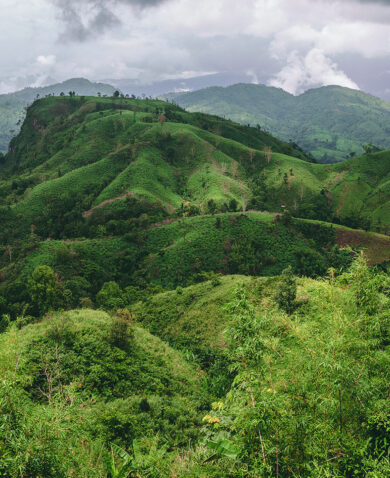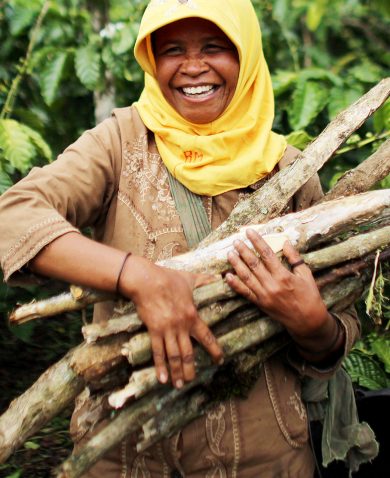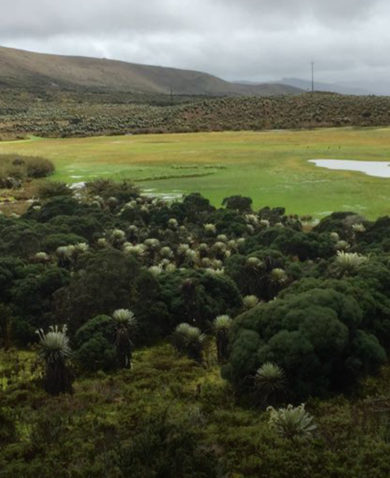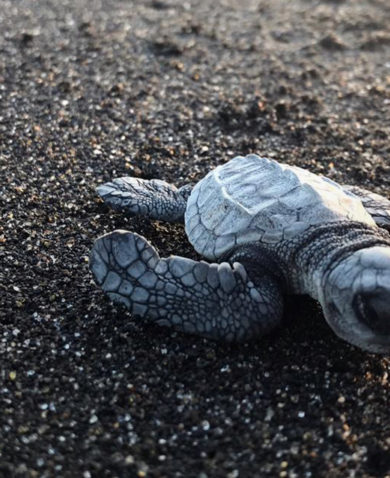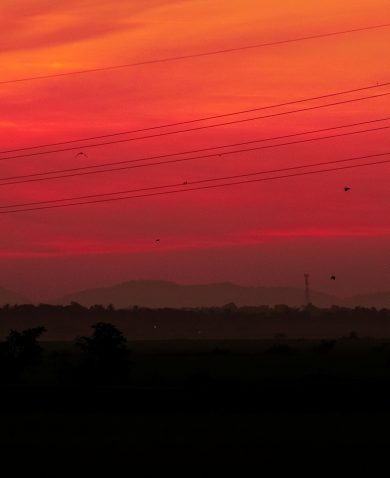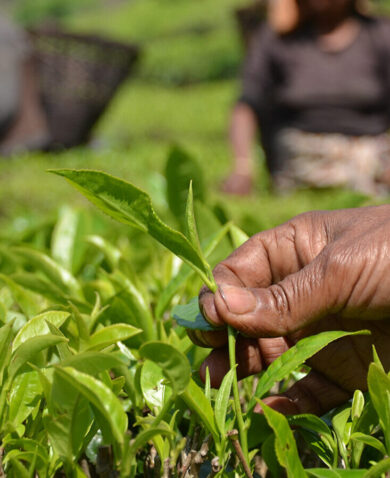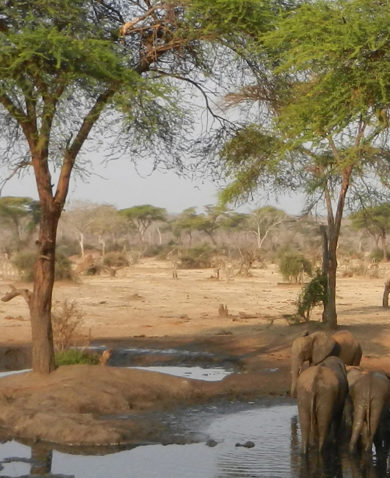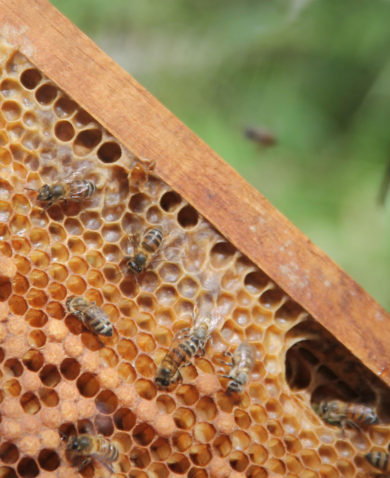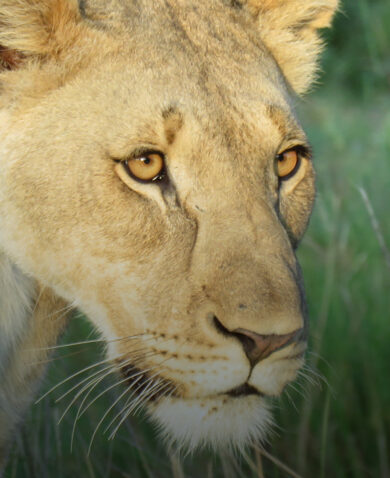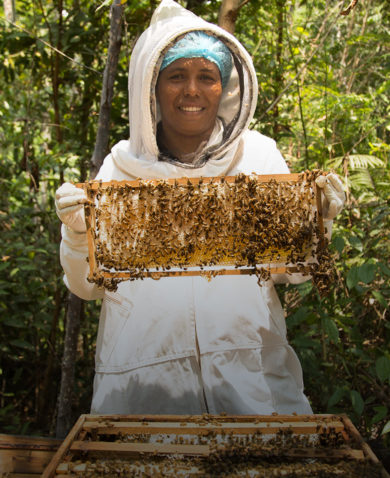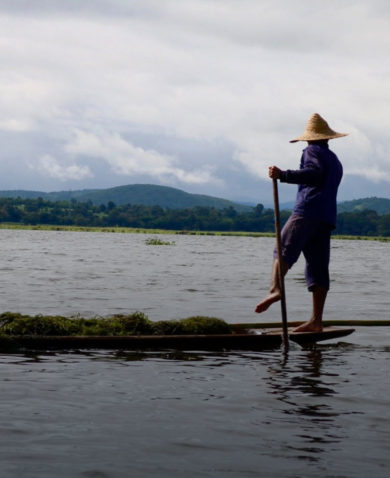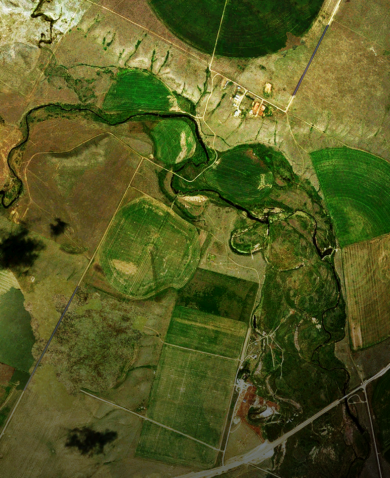Build Indonesia to Take Care of Nature for Sustainability (BIJAK)
Indonesia has the greatest combined concentration of marine and terrestrial biodiversity in the world. But various environmental hazards — for example, major changes in land use, escalating greenhouse gas (GHG) emissions, and the destruction of marine and terrestrial habitats — jeopardize Indonesia’s valuable ecosystems. The USAID Build Indonesia to Take Care of Nature for Sustainability project or Bangun Indonesia untuk Jaga Alam demi Keberlanjutan (BIJAK) reduced GHG emissions and preserved Indonesia’s valuable biodiversity. The project addressed the factors that cause deforestation and biodiversity loss, including market forces, financial incentives, policies, and social norms. Working across sectors, BIJAK collaborated with Indonesian policymakers at the national level, civil society organizations, local communities, and other stakeholders to preserve the country’s biodiversity and tropical forests.

